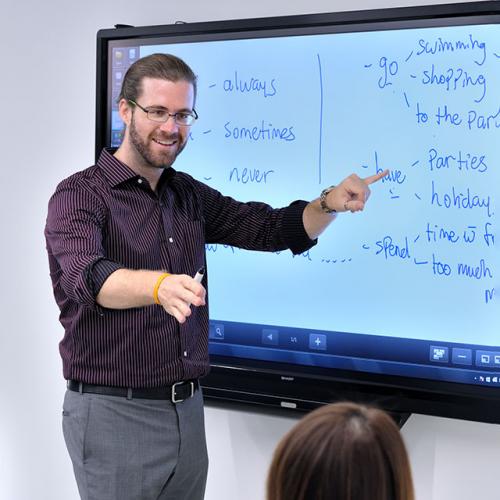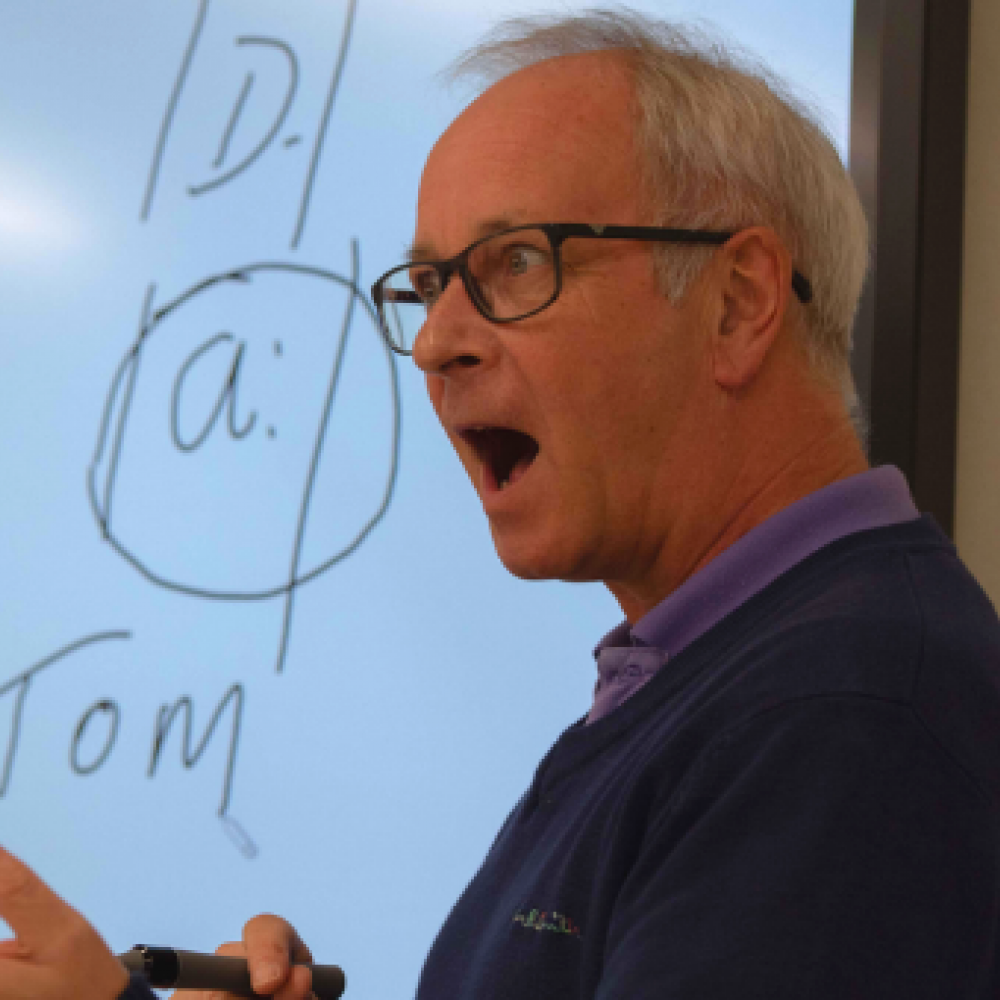Teaching skills
Using TV Shows to Teach English


23rd June 2023
Creating Teaching Materials with ChatGPT and DALL-E2


2nd March 2023
Jigsaw Activities in Receptive Skills Lessons


21st February 2023
Teaching Reading: 5 Common Mistakes EFL Teachers make


30th January 2023
Teaching Register: the forgotten component of English Language Teaching


19th January 2023
Teaching Tenses in English: a complete guide


8th November 2022
Asking effective questions in your ESL classes


27th October 2022
5 ways to use photos in English language lessons


6th October 2022
Why you need to stop punishing your students: solutions for 3 common problems


8th September 2022
Top 10 Tips for Teaching English with Drama


15th December 2020
Debating: how to teach debate effectively


29th September 2020
Why Grammar Matters: 3 Key Takeaways for TESOL Teachers


11th August 2020